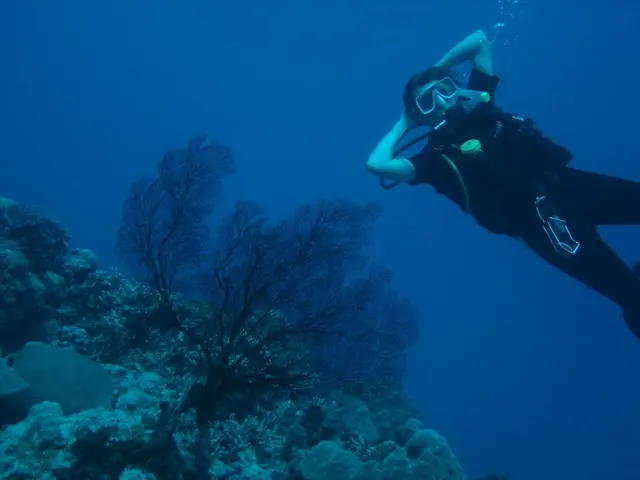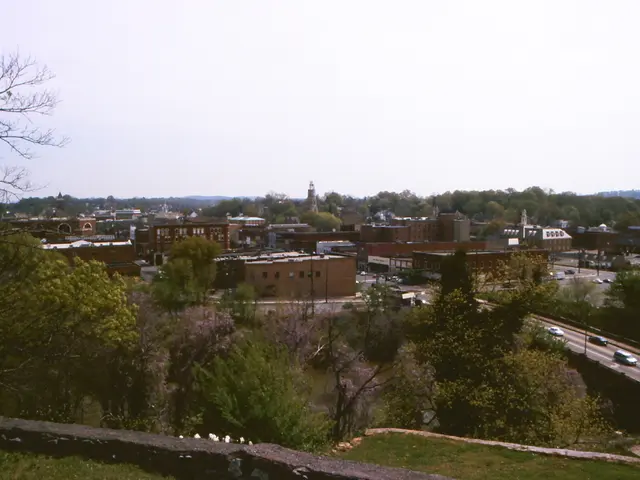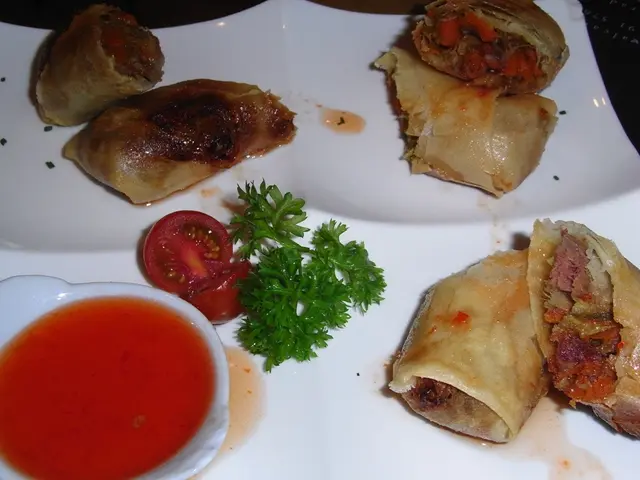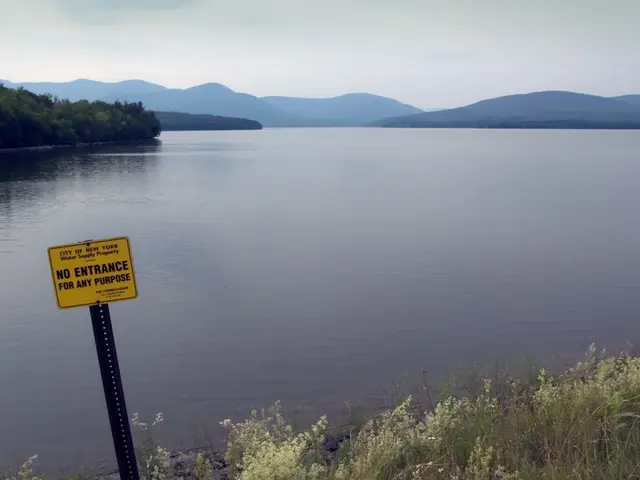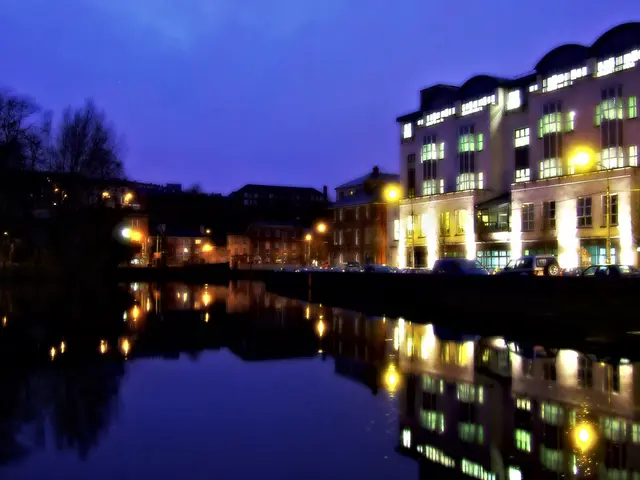Red Cross facilitates transportation of Congolese soldiers, under rebel control, from city to national capital.
Updating from the Chaotic Eastern Congo:
The volatile eastern Democratic Republic of the Congo (DRC) has seen another twist, as hundreds of Congolese soldiers and cops, along with their families, are transported from the rebel-held city of Goma. The International Committee of the Red Cross (ICRC) announced this move on Wednesday, reported our source.
Since January, these soldiers and policemen have taken refuge at the United Nations Stabilization Mission in Congo (MONUSCO) base due to the intensified conflict following the M23 rebels' advance and capture of Goma, with Rwanda's backing.
This operation, as per the agreement signed by the DRC government, the rebels, MONUSCO, and the ICRC, sees these forces headed for the capital, Kinshasa. With their arrival, they'll be greeted by Congolese authorities, as stated by the ICRC.
The Goma-to-Kinshasa journey, spanning approximately 1,600 kilometers, is expected to take several days, ICRC chief in Goma, Myriam Favier, revealed at a press conference.
In a statement on the same day, the Congo River Alliance, a coalition of rebel groups including the M23, claimed responsibility for the return of 130 Congolese soldiers as a humanitarian gesture, facilitated by the ICRC.
This announcement was met with relief. A Congolese soldier called our source, stating he was eager to reach Kinshasa despite being disarmed. "As soldiers, we are always ready to defend our homeland. We lost a battle, not the war," he asserted, requesting anonymity as he was still in the rebel-controlled region.
Congolese military spokesperson, Sylvain Ekenge, welcomed this initiative in a statement, expressing hopes for adherence to the agreed commitments by all parties involved. For security reasons, media were denied access to cover the operation.
Meanwhile, tensions in eastern Congo persist, with fighting between the army and the M23 continuing, despite agreeing to work towards a ceasefire earlier this month. Clashes were reported recently in Kaziba, South Kivu province.
The M23 represents only one of the numerous militant groups vying for control in eastern Congo near the border with Rwanda, contributing to one of the world's most significant ongoing humanitarian crises. Over seven million individuals have been displaced.
Estimated to have Rwandan support of around 4,000 soldiers, the M23 has threatened to march on Kinshasa. The UN Human Rights Council launched a commission in February to investigate atrocities, including allegations of rape and killings reminiscent of "summary executions" by both sides.
The conflict is thought to have claimed six million lives since the mid-90s, following the Rwandan genocide. Some extremist Hutus responsible for the 1994 massacre of approximately one million Tutsis and moderate Hutus fled across the border into eastern Congo, fueling power struggles between rival militias aligned with the two governments.
During a meeting in Doha, Qatar on Wednesday, U.S. advisor Massad Boulos discussed peace efforts with Congo and Rwanda representatives. While the U.S. serves as a mediator between the two countries, it also aims to secure access to vital minerals found in the resource-rich eastern regions.
- The relocated soldiers and policemen, currently traveling from Goma to Kinshasa as part of the agreement, are anticipating an average of several days for their journey, reveals ICRC chief Myriam Favier.
- As the M23 rebels have estimated around 4,000 soldiers receiving support from Rwanda, they have threatened to advance towards Kinshasta, contributing to the ongoing average of seven million individuals displaced in one of the world's most significant humanitarian crises.


